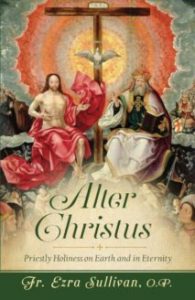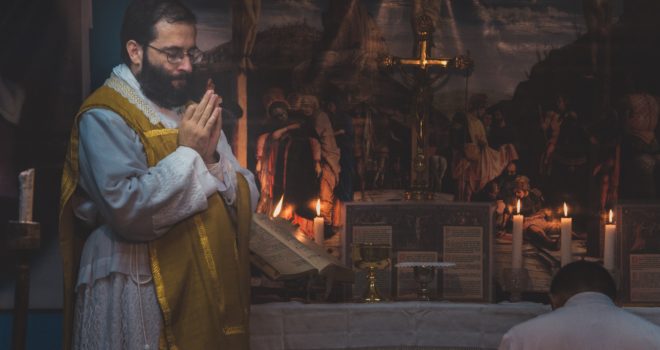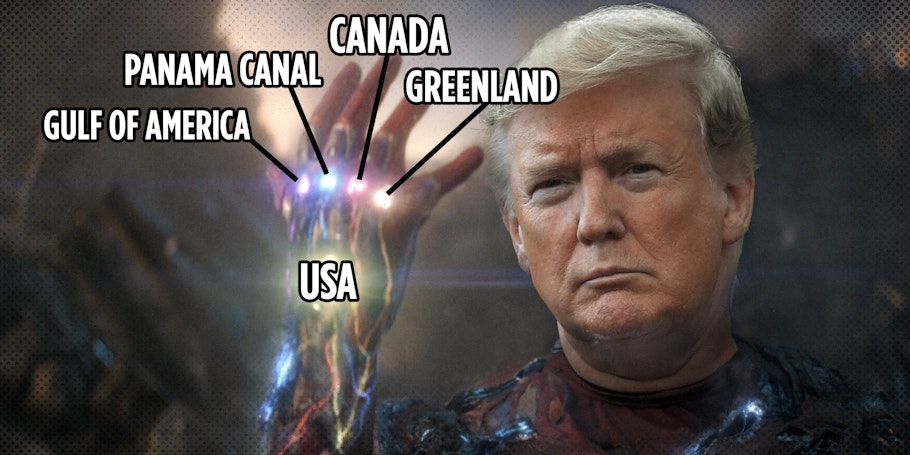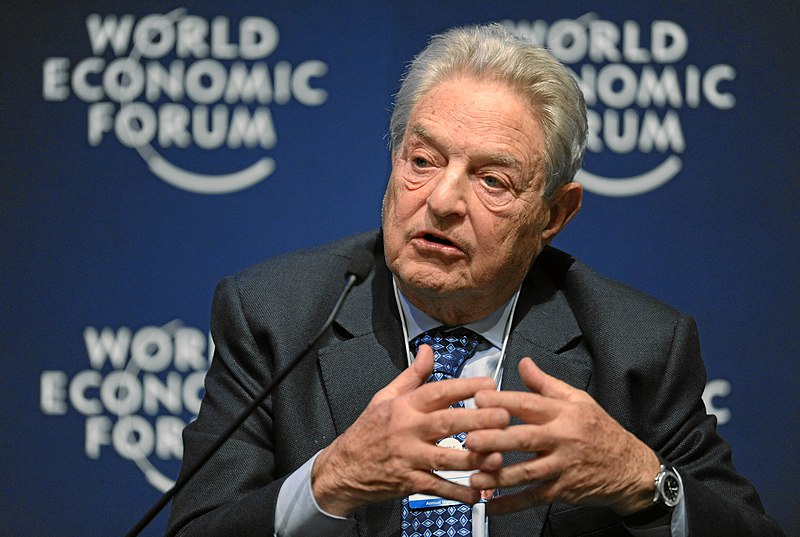By Fr. Ezra Sullivan, O.P., Catholic Exchange, Dec. 1, 2022
Editor’s note: the above excerpt is adapted from Alter Christus: Priestly Holiness on Earth and in Eternity, available now from Sophia Institute Press.
Ezra Sullivan, O.P., a native of California, is a Dominican friar of the Province of St. Joseph in the United States. …

 From the very beginning of the Church, Christians have recognized that spiritual paternity stems from ordination. At first, this role was recognized in bishops who possess the fullness of Holy Orders, but, in time, it came to be understood as proper to priests also. Pius XII expressed this tradition well, saying, “By his law of celibacy, the priest, so far from losing the gift and duties of fatherhood, rather increases them immeasurably, for, although he does not beget progeny for this passing life of earth, he begets children for that life which is heavenly and eternal.”
From the very beginning of the Church, Christians have recognized that spiritual paternity stems from ordination. At first, this role was recognized in bishops who possess the fullness of Holy Orders, but, in time, it came to be understood as proper to priests also. Pius XII expressed this tradition well, saying, “By his law of celibacy, the priest, so far from losing the gift and duties of fatherhood, rather increases them immeasurably, for, although he does not beget progeny for this passing life of earth, he begets children for that life which is heavenly and eternal.”
Presently, in English, therefore, all ordained priests are called “Father,” although it is different in other languages: in Italian, we call consecrated religious priests Padre and diocesan (i.e., “secular”) priests Don, which may be an abbreviation of Dominus, a reminder of our Lord in Heaven. French speaks of Père for religious priests, but diocesan priests are called Abbé, which is derived ultimately from the Aramaic Abba, a familiar term for “father” such as papa.





 From the very beginning of the Church, Christians have recognized that spiritual paternity stems from ordination. At first, this role was recognized in bishops who possess the fullness of Holy Orders, but, in time, it came to be understood as proper to priests also. Pius XII expressed this tradition well, saying, “By his law of celibacy, the priest, so far from losing the gift and duties of fatherhood, rather increases them immeasurably, for, although he does not beget progeny for this passing life of earth, he begets children for that life which is heavenly and eternal.”
From the very beginning of the Church, Christians have recognized that spiritual paternity stems from ordination. At first, this role was recognized in bishops who possess the fullness of Holy Orders, but, in time, it came to be understood as proper to priests also. Pius XII expressed this tradition well, saying, “By his law of celibacy, the priest, so far from losing the gift and duties of fatherhood, rather increases them immeasurably, for, although he does not beget progeny for this passing life of earth, he begets children for that life which is heavenly and eternal.”

